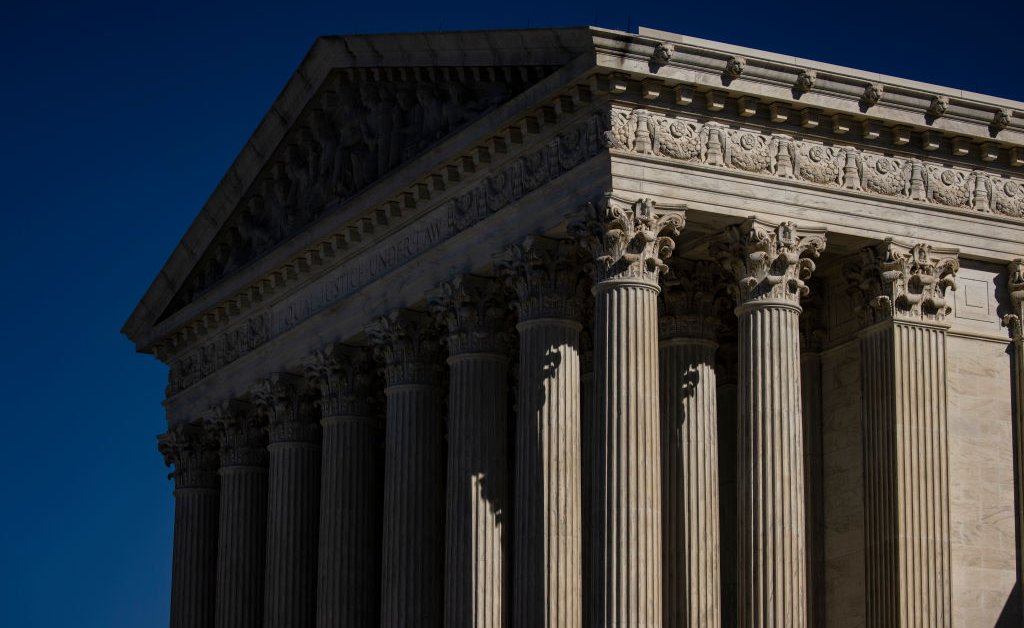The meaning of the term “community caretaking functions” are noncriminal police actions. “Noncriminal police actions” exclude those persons rendering aid to someone in need, such as public employees, EMT personnel, or private citizens. Police have powers that others don’t have.
And it should be noted that lower courts have conflated “welfare checks” with “community caretaking functions” contrary to Supreme Court ruling. The Supreme Court has only referred to “welfare checks” three times and in none or those cases was “welfare checks” at issue.
Police are not obligated to “shield their eyes” from any illegal activity; should they be invited into the home to perform “welfare checks” or see criminal activity through a window from a public area. And the police cannot enter the home uninvited without a warrant, with few exceptions, exigent circumstances. The court made it clear that police cannot perform a criminal investigation disguised as a “welfare check.” Remember, “community caretaking functions” do not apply to the home. Police entering the curtilage to investigate (a crime) is simply a “search” within the meaning of the Fourth Amendment.
Again, the court made it clear, only the police can perform “community caretaking functions” (unrelated to the home) like rendering aid to motorists in disabled vehicles, and is not an open-ended license to perform them anywhere, in effect, in your home without a warrant.

